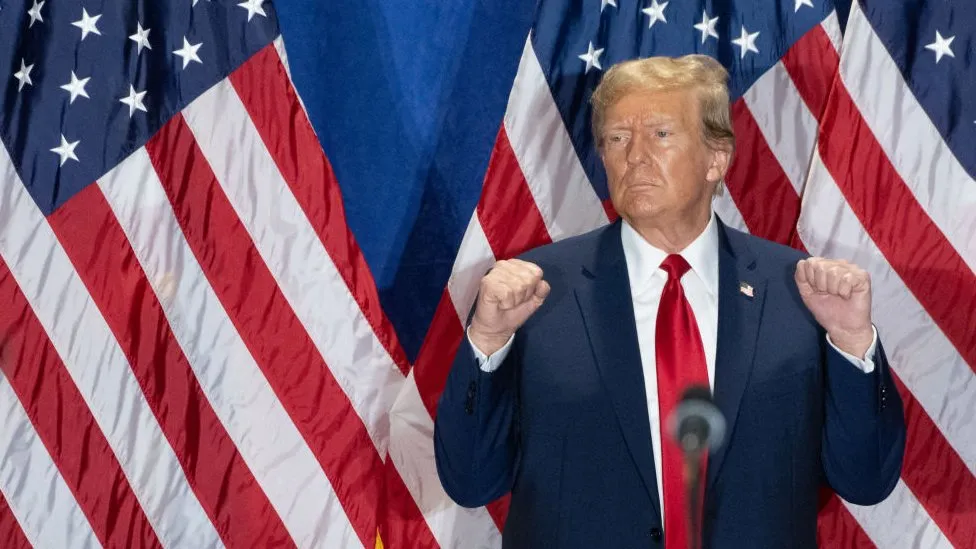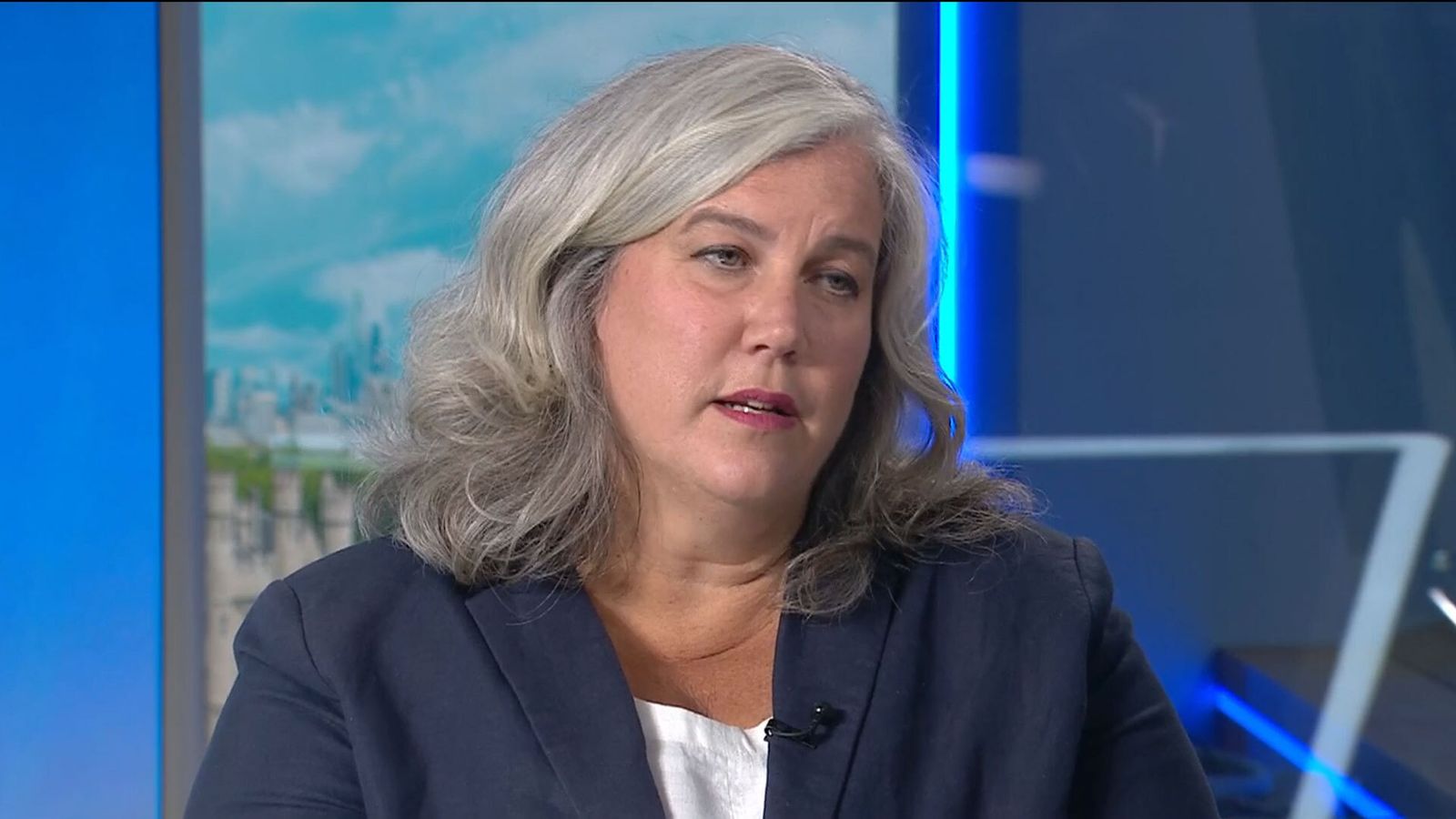Trump wins as Supreme Court sidesteps political landmines
The US Supreme Court has slammed the door on Colorado's effort to remove Donald Trump from its presidential primary ballot - and on every other state that has made, or is considering, efforts to disqualify him.

The top court ruled that only Congress has the power to strike the former president from the ballot under the 14th Amendment of the Constitution.
The unsigned, unanimous ruling is a significant win for Mr Trump, whose presidential campaign can now proceed without roadblocks erected by individual state courts or election officials.
In issuing its opinion, the nine Supreme Court justices sidestepped some of the biggest political landmines in this case.
They did not opine on whether Mr Trump had, in fact, engaged in insurrection on 6 January 2021. They didn't discuss whether the attack on the US Capitol by the former president's supporters constituted an insurrection at all (or was a riot, as characterised by one of Mr Trump's lawyers).
The court also didn't delve into whether presidents are specifically exempt from the 14th Amendment's insurrection language, another of Mr Trump's legal arguments in challenging the Colorado decision.
Supreme Court overturns Trump ballot ban in Colorado
Instead, the court focused solely on which authorities have the power to enforce the insurrection provision. Only Congress, not individuals states, has that power, it held - a view that avoids the "patchwork" scenario in which a candidate could be eligible in some states and disqualified in others.
In the real world, with a closely divided Senate and a Republican-controlled House of Representatives, that means the chances of Mr Trump being ruled ineligible under the 14th Amendment are essentially zero.
This is where the court's 6-3 ideological divide reared its head once again. The three liberal justices on the court, while agreeing that Colorado went too far, wanted to leave the door open for possible national efforts to determine whether Mr Trump is eligible to run.
The court's decision, Justice Sonia Sotomayor said, severely limits action by the federal government - whether in the courts or by other federal authorities - to remove insurrectionist candidates from the ballot or from office once elected.
One obvious, but unmentioned scenario would have been if special counsel Jack Smith changed his mind and decided to charge Mr Trump with insurrection then, upon conviction, sought to have a federal court disqualify him from office.
That possibility is now foreclosed.
One conservative justice, Amy Coney Barrett, agreed with the liberals that the court issued too sweeping a decision, but in her own short concurring opinion she said they should have held their tongues.
"In my judgement, this is not the time to amplify disagreement with stridency," she wrote. "The court has settled a politically charged issue in the volatile season of a presidential election. Particularly in this circumstance, writings on the court should turn the national temperature down, not up."
With the court set to decide more highly charged political cases - on Mr Trump's immunity from prosecution, as well as on abortion, gun control and social media regulation - a drop in the national temperature seems unlikely.
-bbc







